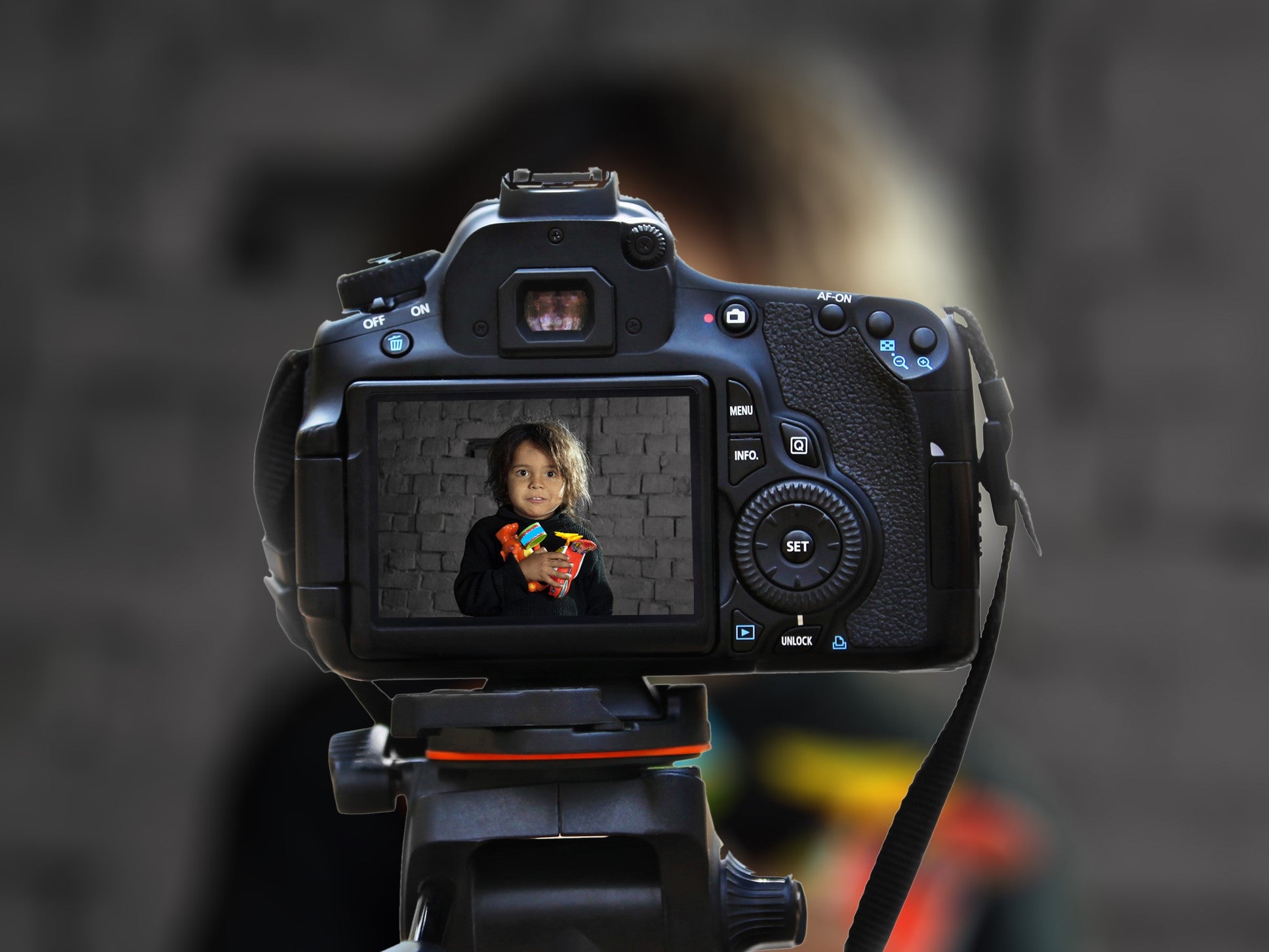'Kid influencers' classed as child labour under new French law

Your support helps us to tell the story
From reproductive rights to climate change to Big Tech, The Independent is on the ground when the story is developing. Whether it's investigating the financials of Elon Musk's pro-Trump PAC or producing our latest documentary, 'The A Word', which shines a light on the American women fighting for reproductive rights, we know how important it is to parse out the facts from the messaging.
At such a critical moment in US history, we need reporters on the ground. Your donation allows us to keep sending journalists to speak to both sides of the story.
The Independent is trusted by Americans across the entire political spectrum. And unlike many other quality news outlets, we choose not to lock Americans out of our reporting and analysis with paywalls. We believe quality journalism should be available to everyone, paid for by those who can afford it.
Your support makes all the difference.Young social media stars in France will be regulated under new child labour laws, a court has ruled.
The money earned and hours worked by children under 16 who spend significant time creating and posting content online will now be protected under French law.
Any earnings they make will be safeguarded in a bank account that they can only access when they turn 16.
Any company that wishes to employ underage social media stars will also need to be granted permission from local authorities.
The ‘Exploitation of the image of children on online platforms’ bill was first tabled in 2019 and was unanimously passed by French parliament on Tuesday.
Bruno Studer, the MP behind the bill, said the new law meant France was a pioneer in the nascent industry of so-called kid influencers.
“Child labour is prohibited in France but there were exemptions, including on the internet,” he said.
The law also establishes a “right to be forgotten”, which forces social media and other internet platforms to remove any videos or content at the request of the child.
Child influencers are among the most popular on sites like YouTube, where their channels can earn millions each month.
The highest-paid YouTube star of 2019, according to Forbes, was eight-year-old Ryan Kajo, who reportedly earned $26 million (£20m) through the Google-owned platform.
The third-highest paid star was Russian-born Anastasia Radzinskaya, who at five years old earned roughly $18m in 2019 through her various channels.
Beyond advertising revenue, these children can also expect lucrative partnerships and sponsorship deals with toy and clothing brands.
Last year, YouTube said it was working to limit revenue streams for children’s channels after being accused of violating the Children’s Online Privacy Protection Act.
“Nothing is more important than protecting kids and their privacy,” YouTube CEO Susan Wojcicki wrote in a blog post at the time.
“We will treat data from anyone watching children’s content on YouTube as coming from a child, regardless of the age of the user. This means that we will limit data collection and use on videos made for kids only to what is needed to support the operation of the service. We will also stop serving personalised ads on this content entirely.”

Join our commenting forum
Join thought-provoking conversations, follow other Independent readers and see their replies
Comments